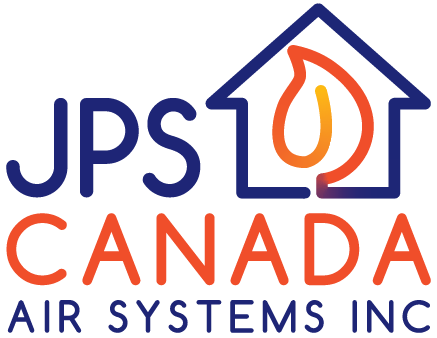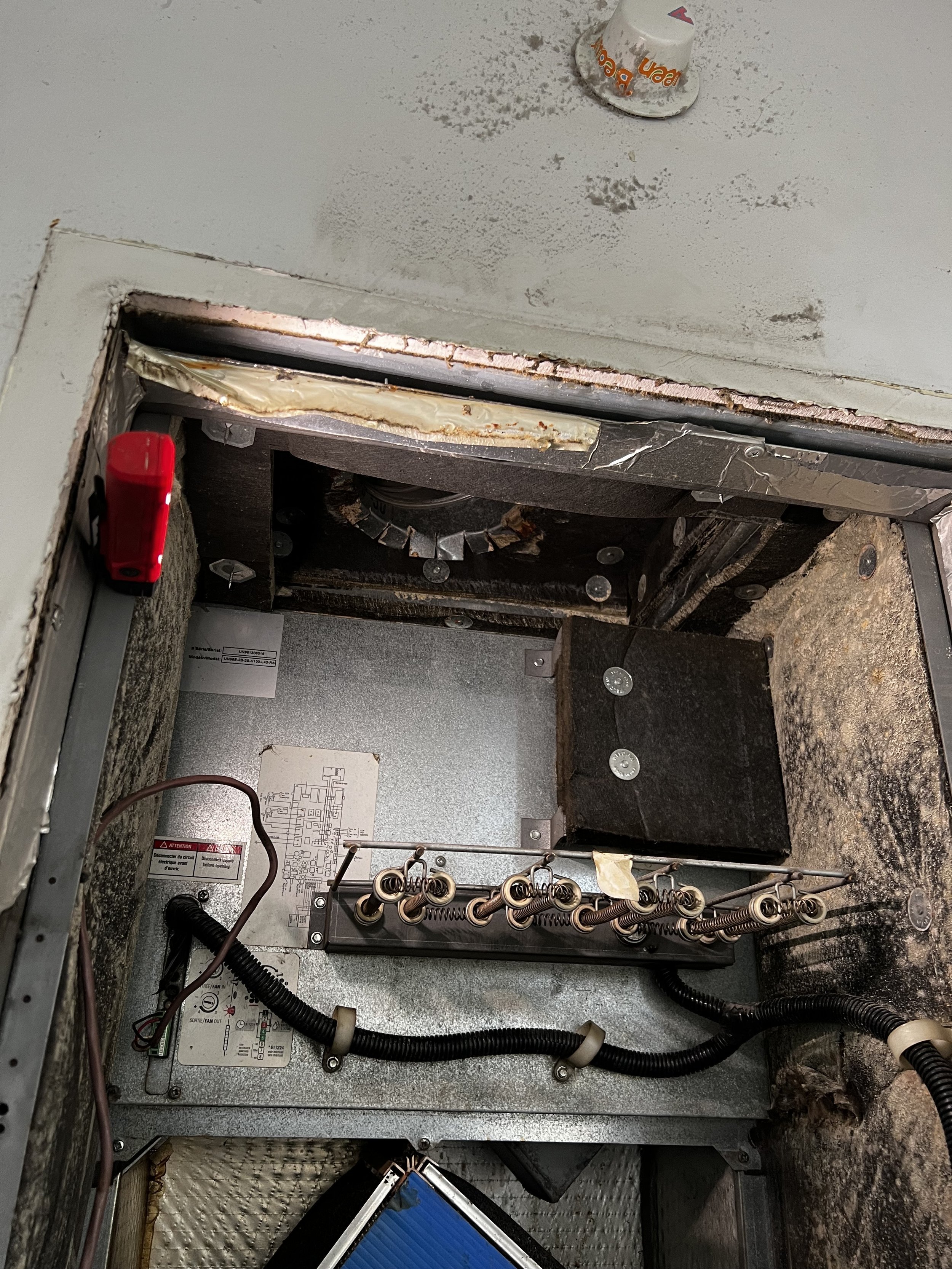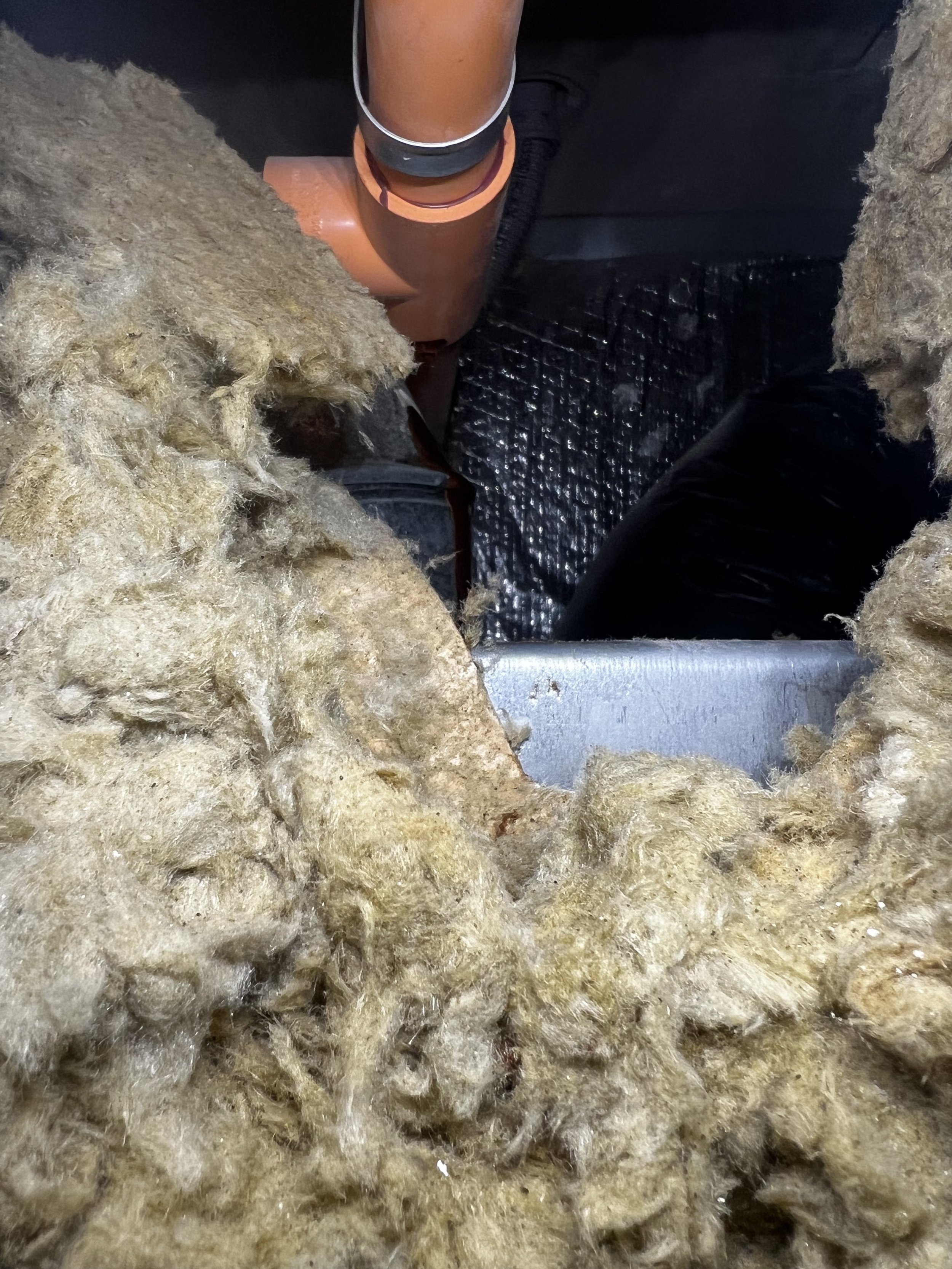Mold, Beware of the Scams...
Mold is a word that brings out strong emotions in people. Some rational, some - not so much. That, combined with the fact that when people have health concerns they tend to pin it all on mold as the source (sometimes correctly) of the health issues has given mold a rep that may not be as warranted as some folks think.
As we know, in North America, the concept of mold generally evokes a range of negative opinions and emotions due to its potential health impacts and property damage. Here are a few summarizations of what we believe are the most common perceptions (and concepts that some companies use for fear mongering and upselling):
Health Concerns: Mold is widely recognized for its potential to cause health issues. People are often worried about respiratory problems, allergies, and other health complications, especially for vulnerable populations like children, the elderly, and those with preexisting health conditions.
Property Damage: Mold can cause significant damage to homes and buildings, leading to costly repairs and decreased property values. This financial aspect adds to the negative sentiment, as mold problems can be both expensive and disruptive to resolve.
Disgust and Unpleasantness: Mold often triggers feelings of disgust and discomfort. It’s associated with damp, dark environments, which many people find unpleasant.
Stigmatization: There can be a social stigma associated with mold issues, with some people viewing it as a sign of poor maintenance or hygiene. This can lead to feelings of embarrassment or frustration for those dealing with mold problems.
Preventive Measures and Awareness: Many people are proactive about preventing mold by maintaining good ventilation, managing humidity levels, and addressing leaks promptly. We can help.
Interestingly, you should know that at the time of publishing there are not, in fact, any federal regulations for mold. Health Canada does not actually even classify mold as a hazardous material - which is why dealings with "mold professionals" can be complicated and generally unregulated matters.
What that means is, yes, you could get scammed with mold; but you could also get taken advantage of by a licensed contractor doing work on your home. While there are no mold regulations there is an organization called the Environmental Abatement Council of Canada (or EACC.) This is a group of professionals and industry leaders who are responsible for setting out guidelines and safe practices. Your mold contractor should be a member of the EACC - or at the very least a professional committed to following the guidelines.
It’s unfortunate that many companies choose to promote their services using scare tactics rather than addressing mold in a more scientific fashion (ie. Assessing why mold is present (there is always a reason), how far the mold has spread, etc. and then developing a scope of remediation.
The above photo shows mold in an HVAC unit (Fan Coil.) Residents were concerned that mold was getting sucked into the duct of the Fan Coil and spreading throughout the suite. It had to be explained that the duct is blowing air out - not in. In that case, the root of the mold issue was a water leak in the wall caused by a faulty sprinkler head. The interior insulation of the Unilux ERV unit is a porous material that retains water and the continued leak saturated it and encouraged an environment which permitted the mold to continue to grow.
We are mold experts and have been for over 10 years. We consult, test and remediate mold and ALL of our staff (admin included) are trained and certified. We are also so committed to best practices in this industry that we are always happy to offer free advice on mold - we like to think it’s good karma to be the ones to help Ontarians avoid getting scammed by the many contracting companies out there doing exactly that.


